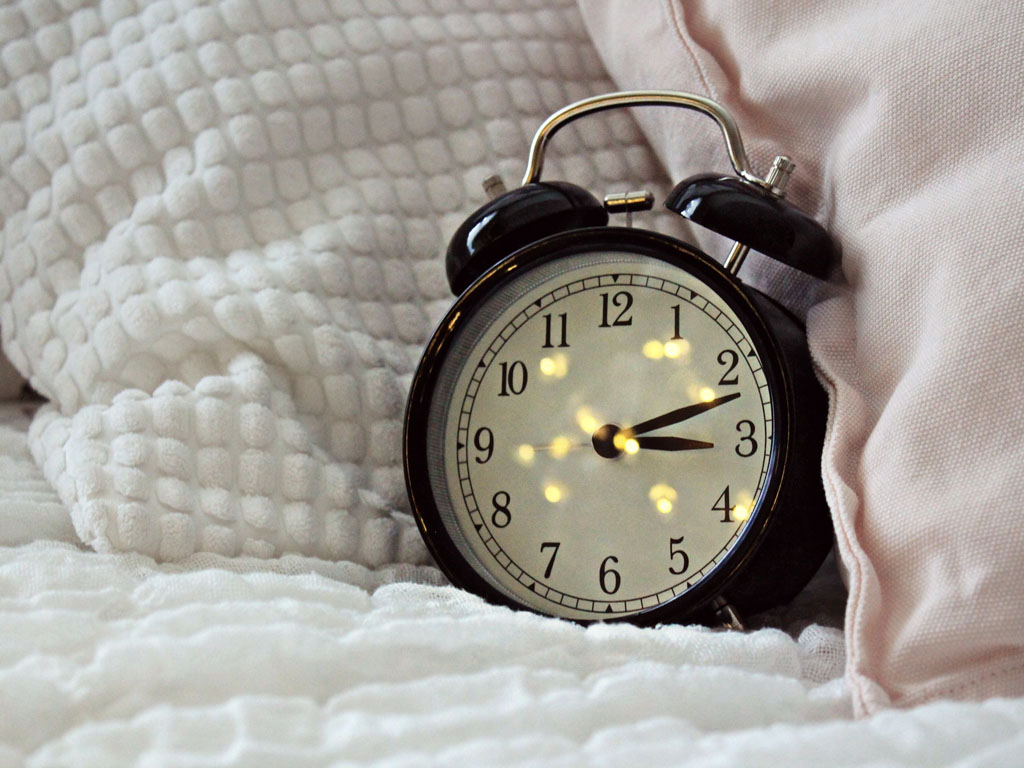
A restful night’s sleep is a critical part of good health, but far too many people aren’t getting the amount of sleep they need. Studies show that getting too little sleep is associated with higher stress levels, high blood pressure and greater occurrences of strokes, diabetes, heart disease and obesity. Clearly, sleeping well, and sleeping well consistently, are essential for staying healthy!
Here are five suggestions for getting a better night’s sleep
Upgrade Your Bedding
When was the last time you upgraded your pillow, much less your mattress? We tend to overlook our bedding materials when it comes to home improvements, but upgrading these items can result in better sleep and more energy in the morning and throughout the day. To the contrary, old mattresses and poor-quality pillows can reduce sleep quality and contribute to back pain.
Stick to a Routine
Your body functions on what is called a circadian rhythm, meaning it aligns with the sun’s rising and setting. It’s your body’s way of telling itself when to stay awake and when to rest. By sticking to a routine as far as going to sleep and waking, you’re keeping your circadian rhythm in check. This is important for improving sleep quality, especially in the long term – try to sleep and wake at consistent times, every day.
Reduce Late-Day Caffeine Intake
While caffeine is beneficial in many ways, it’s not a good thing when it comes to going to sleep – and staying asleep – at night. Drinking caffeine late in the day will almost certainly worsen your sleep quality or cause you to have trouble falling asleep. When you’re ready for that afternoon cup of coffee, opt for decaf or try tea.
Pay Attention to Light
Remember the circadian rhythm? Light has a lot to do with it, since the rhythm is set with the sun’s rising and falling. Try to get as much exposure to natural sunlight during the day as possible and avoid blue light exposure – light from electronics like cell phones, computer screens and televisions – in the evening. This can work wonders for keeping your body’s natural rhythm on track!
Try Relaxation Strategies
Take proactive steps in the evening hours to relax – take a warm bath, read a book, meditate or simply take a few moments to clear your mind. Make it a routine, and your sleep will improve over time.
All of us at Medical Professionals encourage you to get the best night’s sleep you can. Check out our blog for more great tips on healthy living.



Leave a Reply